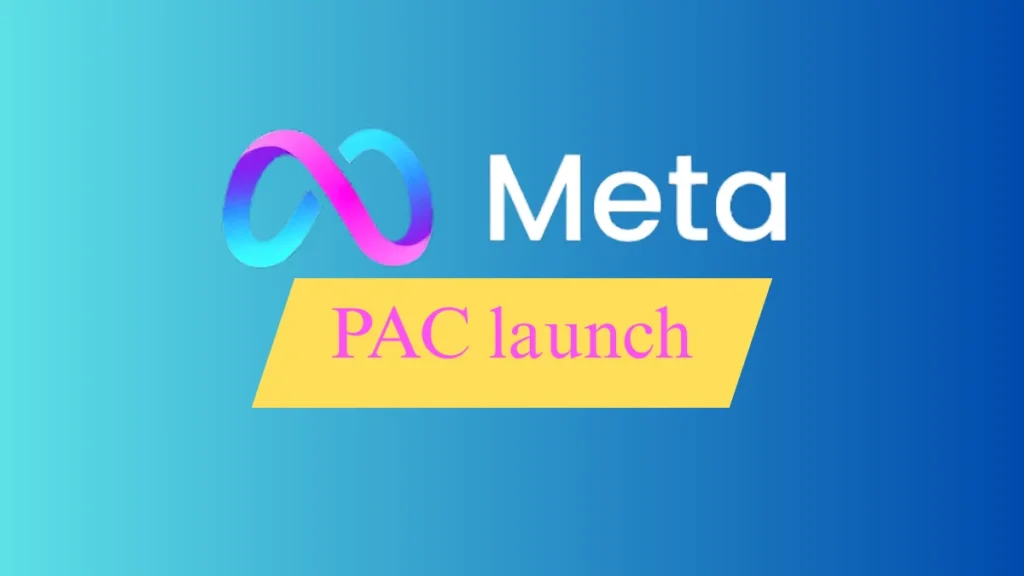Meta is going on the offensive in the battle over artificial intelligence.
The Facebook parent has unveiled a new super PAC with tens of millions of dollars to sway state elections and block AI regulations that Silicon Valley fears could stifle innovation.
Key Takeaways
- Meta launches the American Technology Excellence Project to fight state AI rules.
- The PAC will back pro-tech candidates from both parties in 2026 races.
- AI safety bills in California and other states fuel Big Tech’s lobbying surge.
- Silicon Valley warns a state-by-state patchwork could slow U.S. innovation.
Meta has formed a super PAC, the American Technology Excellence Project, to oppose state-level AI regulations. Backed by tens of millions of dollars, the group will support candidates in 2026 who favor AI development and U.S. tech leadership, as states like California advance bills regulating AI chatbots and transparency.
Meta’s High-Stakes Political Gamble
Meta is escalating its fight against state-level artificial intelligence regulations with the launch of a powerful new super PAC. Dubbed the American Technology Excellence Project, the group will pour “tens of millions” of dollars into 2026 state races to elect candidates who support AI development and U.S. tech dominance.
The PAC represents Meta’s most aggressive political move yet as lawmakers across the country push bills to rein in AI tools, citing risks to children, privacy, and competition. More than 1,000 AI-related measures surfaced in all 50 states during the 2025 legislative sessions alone (National Conference of State Legislatures).
Who’s Behind the PAC
According to Axios, the super PAC will be jointly managed by Republican strategist Brian Baker and Democratic firm Hilltop Public Solutions, signaling a bipartisan strategy to shield AI innovation. Meta spokesperson Rachel Holland said the group will focus on “promoting and defending U.S. tech companies and leadership” while advocating for parental control over children’s online experiences.
The parental-safety angle comes as Meta faces criticism over internal documents showing its chatbots engaged in “romantic” conversations with minors and whistleblower claims that the company downplayed research on child safety.
State Battles Heat Up
California has become ground zero for the AI policy fight. Two bills are awaiting Gov. Gavin Newsom’s signature: SB 243, which would regulate AI companion chatbots to protect minors, and SB 53, which would impose new transparency requirements on large AI firms. Similar proposals are advancing in New York, Texas, and Illinois.
Tech executives argue that a patchwork of state regulations would complicate compliance and slow AI progress at a critical moment in the U.S.–China race for AI leadership.
Silicon Valley’s Wider Push
Meta isn’t alone. In August, venture firm Andreessen Horowitz and OpenAI president Greg Brockman launched a separate super PAC with a $100 million war chest to oppose restrictive AI laws. Earlier this year, a federal proposal to bar states from regulating AI for 10 years nearly made it into the U.S. budget before being struck down.
Why It Matters
The stakes extend far beyond Meta’s bottom line. State governments have become the de facto battleground for AI oversight as Congress stalls on comprehensive federal rules. The outcome will shape how AI systems—from chatbots to autonomous vehicles—are developed and deployed in the United States.
What Comes Next
Meta has not disclosed which states it will target or how many staffers will run the PAC. Analysts expect early focus on California, Texas, and swing states with competitive legislative races in 2026.
Meta VP of public policy Brian Rice said the group will “support the election of state candidates across the country who embrace AI development, champion the U.S. technology industry, and defend American tech leadership at home and abroad”.
Conclusion
Meta’s super PAC signals a new phase in the AI regulation fight. With billions in potential revenue at stake, Big Tech is betting heavily on politics to keep AI innovation on its own terms.
